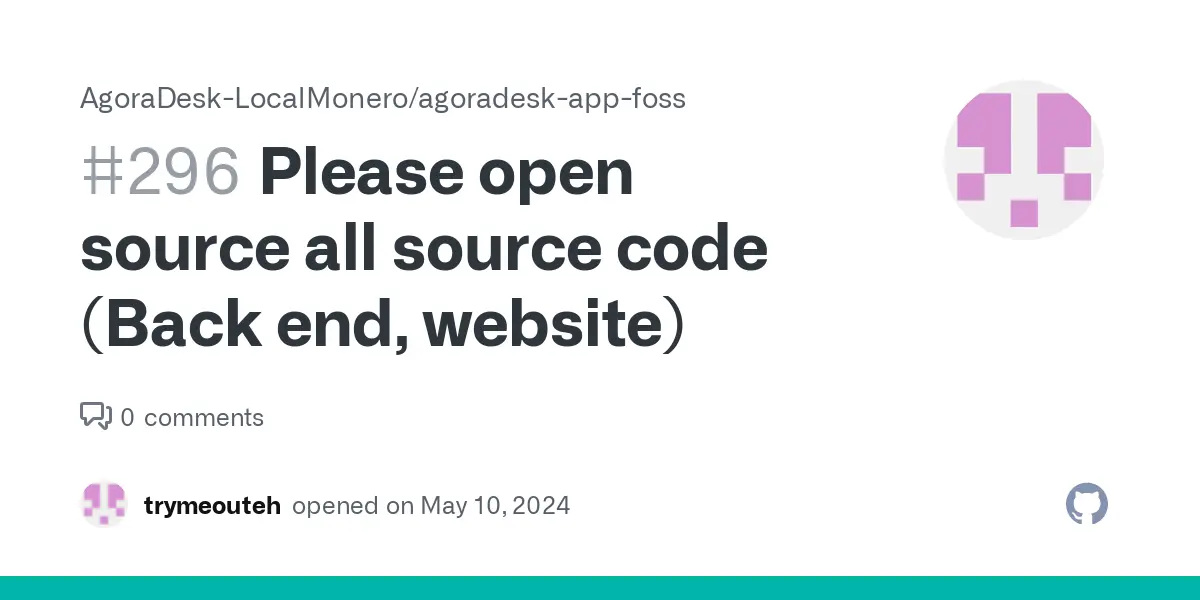

It could be done with a one liner in the terminal but adding arguments when running the binary will be in the middle of the command, not at the end of the command.
Also the usecase for me is for sample scripts I have. This makes it easy to compile, run and delete the binary.













Thank for sharing rust-script which is basically what I made but written in Rust and seems to store the binary in another directory when the binary is exexuted.
Is the RFC trying to introduce a command
cargo scriptto run single rust scripts?